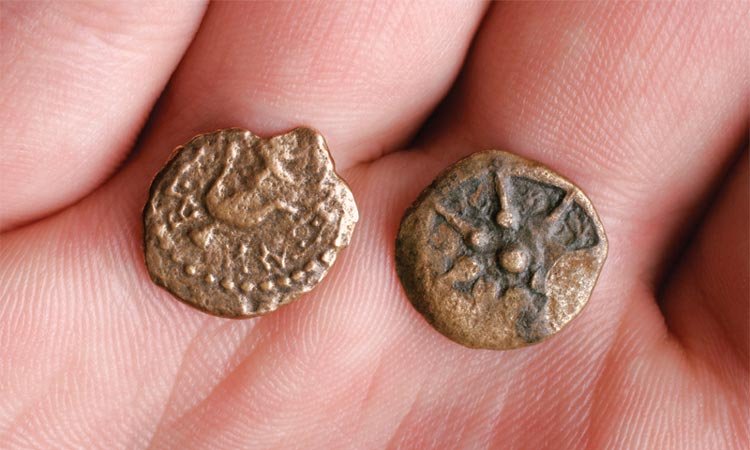Jesus and His disciples were in the temple observing people giving their offerings. A wealthy man approached the coffer, drawing as much attention as he could to the fact that he was giving a hefty sum. Following him was a widow. As quickly as she could she dropped in two mites, the smallest denomination of coin she could have given. The disciples muttered amongst themselves about how pitiful her offering was, but to their astonishment, Jesus told them she had given more than anyone else, for she had given all that she had.1
Putting myself in the widow’s shoes, I don’t think she felt all that proud of her offering. She knew what one could or couldn’t buy with a couple of mites, but she didn’t tell herself it was “too little” to make a difference. The Bible doesn’t tell us anything else about this widow, but my guess is that if she ever had more money, she would be generous with it.
That’s the thing with living a generous life—you can always ask “What can I give or share? What do I have that someone around me needs?”
When I look around, I find the needs overwhelming. There are so many good people and organizations and causes that are in urgent need of help and money to carry out their missions. How do I know who is worthy and honest and effective and who isn’t? Honestly, sometimes it’s enough to make me want to ignore all the pleas and not give to anyone.
Instead of making excuses for myself, I find it helpful to have a plan in place to ensure we are giving on a regular basis. Here’s what we do:
- Automation: Every month, we have a few places we give to without having to think about it.
- Giving time: This can be volunteering for a project, school, or church, but can also look like hosting a dinner, making a coffee date with a friend, helping someone file their taxes or fill their prescriptions, or anything that keeps you reaching out to others.
- Spontaneous opportunities: If you’re accustomed to giving on a regular basis, you’ll be able to spot opportunities as they present themselves. Sometimes it’s good to stretch yourself, even when it’s a little inconvenient or impractical, like it was for the widow.
Whether you’re giving of your abundance or of your scarcity, you can nearly always give something. It will do good for yourself, and it will do good for others.
- See Luke 21:1–4. ↑
